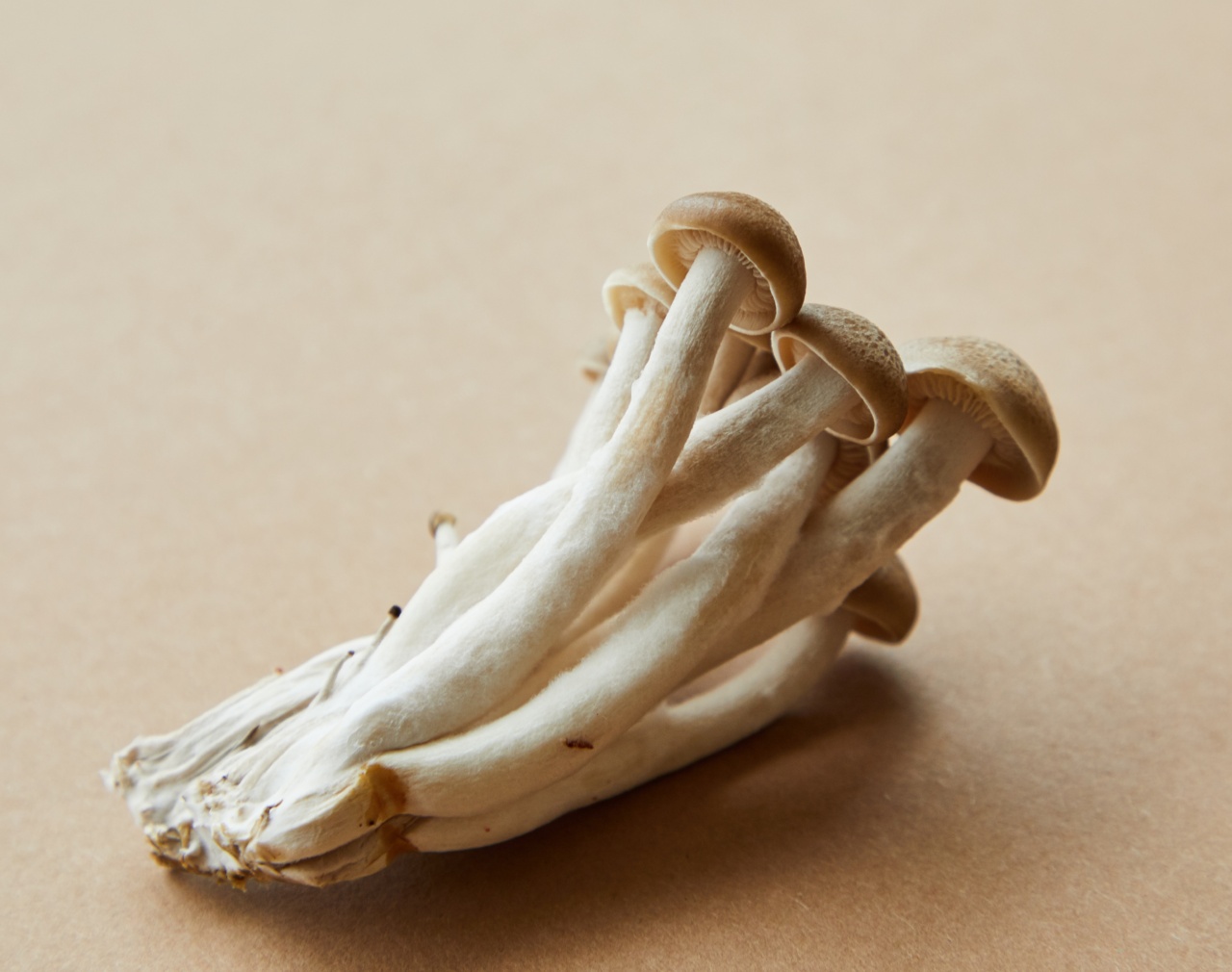If you’re a vegan, you might feel that you lack protein options, but the truth is that there is a plethora of herbal plant-based protein sources available.
People need a daily dose of protein as it is an essential nutrient that strengthens the body, helps in building and repairing tissues, and provides energy. So, if you opt for a vegan lifestyle, don’t worry, we’ve gathered 30 vegan herbal protein sources that can fulfill all your protein needs.
1. Lentils
Lentils are an excellent source of protein; one cup of cooked lentils contains 18 grams of protein. Moreover, it is low in calories and high in fiber, making it great for weight loss.

2. Quinoa
Quinoa is a complete protein, meaning that it contains all nine essential amino acids. One cup of cooked quinoa contains around 8 grams of protein.
:max_bytes(150000):strip_icc():format(webp)/how-to-cook-quinoa-3376584-hero-01-c71fffc731024912a5746b97e7fc6582.jpg)
3. Spirulina
Spirulina is blue-green algae that are incredibly nutritious and an excellent source of protein. It also contains vitamins B, iron, and essential fatty acids.
Although its taste is not so great, you can add it to smoothies, salad dressings, or energy balls to make it more palatable.

4. Beans
Beans are high in protein and an excellent source of fiber, minerals, and vitamins. Black beans, kidney beans, and garbanzo beans are popular types of beans rich in protein.

5. Tofu
Tofu is made from soybeans and is a versatile protein source that can be used in many recipes like stir fry, soups, and salads. One cup of tofu has about 20 grams of protein.

6. Chickpeas
Chickpeas, also called garbanzo beans, are a good source of protein, fiber, and minerals. One cup of cooked chickpeas has about 15 grams of protein.

7. Hempseed
Hemp seed is a complete protein and offers all nine essential amino acids. It is also an excellent source of fiber and healthy fatty acids. Just three tablespoons of hemp seed can give you around 10 grams of protein.

8. Edamame
Edamame is young soybeans that are harvested before they are fully matured. It is a great source of protein and fiber and an excellent snack option. One cup of edamame has about 18 grams of protein.

9. Seitan
Seitan is made from wheat gluten and has a texture similar to meat. It is also a rich source of protein, with one serving containing around 25 grams of protein.
/GettyImages-502484636-57c575f95f9b5855e5d8c72d.jpg)
10. Chia seeds
Chia seeds are one of the highest plant-based protein sources, containing around 4 grams of protein per ounce. They are also rich in fiber, omega-3 fatty acids, and other essential minerals.

11. Peas
Peas are incredibly versatile and can be used in soups, salads, and pastas. It is a great source of protein, containing around 8 grams per cup.
/peas-5a7bbeb6a9d4f9003729f593.jpg)
12. Brown rice
Brown rice is a great source of protein, fiber, and complex carbohydrates. One cup of cooked brown rice contains around 5 grams of protein.
/Basmati-rice-in-a-wooden-bowl-with-a-spoon-618064028-5a8677fd6bf069003739ef9a.jpg)
13. Tempeh
Tempeh is made from fermented soybeans and has a nutty flavor and firm texture. It is rich in protein, with one cup containing around 30 grams of protein.

14. Almonds
Almonds are a great source of protein and healthy fats. One ounce of almonds contains around 6 grams of protein.
/almonds-56a13a025f9b58b7d0bd6cce.jpg)
15. Nutritional yeast
Nutritional yeast is a plant-based source of protein that is also rich in vitamin B12. Just two tablespoons of nutritional yeast contains around 9 grams of protein.
/growing-nutritional-yeast-356645_hero-02-0ca5d88e937f4cb3a29832b8c228d8a0.jpg)
16. Pumpkin seeds
Pumpkin seeds contain over 7 grams of protein per ounce. They are also a great source of magnesium, zinc, and healthy fats.
/pepita-seeds-56a13ba05f9b58b7d0bd738e.jpg)
17. Oatmeal
Oats are a great source of slow-releasing carbohydrates, fiber, and protein. One cup of cooked oatmeal contains around 6 grams of protein.
/oatmeal-in-bowl-with-cinnamon-GettyImages-155495948-5a862ebb7d4be90036c057b3.jpg)
18. Brussel sprouts
Brussels sprouts are an excellent source of protein and fiber, containing around 4 grams of protein per cup.
/Roasted-Brussels-Sprouts_HERO-2-5b9c3063c9e77c0050ac1ac6.jpg)
19. Spinach
Spinach is high in protein, iron, and other essential vitamins and minerals. One cup of spinach contains around 5 grams of protein.
/sauteed-spinach-GettyImages-155132552-5a85b49a7d4be900361bf731.jpg)
20. Peanut butter
Peanut butter is not only a delicious spread, but it is also a great source of protein. Two tablespoons of peanut butter contain around 8 grams of protein.
/peanut-butter-56a13d493df78cf77268e012.jpg)
21. Broccoli
Broccoli is a great source of protein, fiber, vitamins, and minerals. One cup of broccoli contains around 4 grams of protein.
/sauteed-broccoli-and-garlic-GettyImages-182650421-58b39d9a5f9b586046d85d6a.jpg)
22. Sunflower seeds
Sunflower seeds are a great snack option and contain around 6 grams of protein per ounce. They are also rich in healthy fats and minerals.
/sunflower-seeds-56a13b8e3df78cf77268e005.jpg)
23. Artichokes
Artichokes are a great source of fiber, antioxidants, and protein, containing around 4 grams of protein per medium-sized artichoke.
/roasted-artichokes-GettyImages-173863453-5a85becf3418c600369199e4.jpg)
24. Brussels sprouts
Brussels sprouts are a great source of protein, fiber, and vitamins, containing around 4 grams of protein per cup.
/Balsamic-Roasted-Brussels-Sprouts-5-1200x1800-5c7bef3f46e0fb00016855d1.jpg)
25. Cauliflower
Cauliflower is a great source of protein and vitamins and contains around 2 grams of protein per cup.
/Roasted-Cauliflower-GettyImages-166309614-5a85b570119fa80037313863.jpg)
26. Hemp milk
Hemp milk is a great milk alternative and a good source of protein. One cup of hemp milk contains around 8 grams of protein.

27. Green peas
Green peas are a great source of protein and fiber and contain around 8 grams of protein per cup.
/sauteed-peas-with-mint-GettyImages-143508513-5a85bd9edb80730037f6d102.jpg)
28. Sweet potato
Sweet potatoes are a great source of complex carbohydrates, fiber, and protein. One sweet potato contains around 2 grams of protein.
/Baked-sweet-potato_IMG_5620-Edit_Lacquer---Linen-5c0817f546e0fb0001ea9a91.jpg)
29. Soy milk
Soy milk is a great milk alternative that is rich in protein, containing around 7-10 grams of protein per cup.
/unsweetened-soy-milk-5086344-hero-01-a2dfb15d157d408cbb8ba8993847f03b.jpg)
30. Spelt
Spelt is a whole grain that is a good source of protein, fiber, and iron. One cup of cooked spelt contains around 11 grams of protein.































